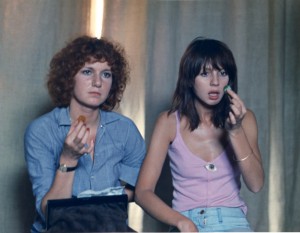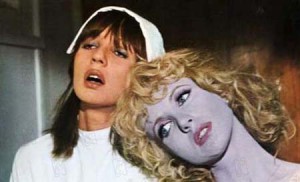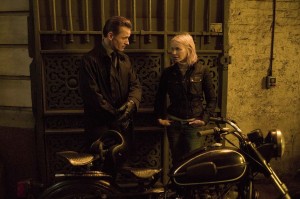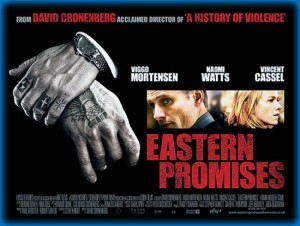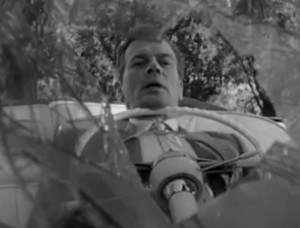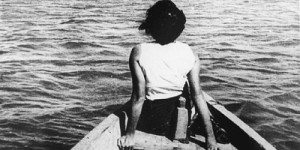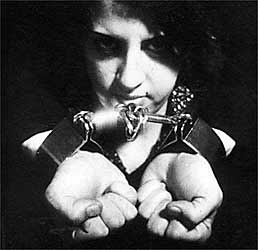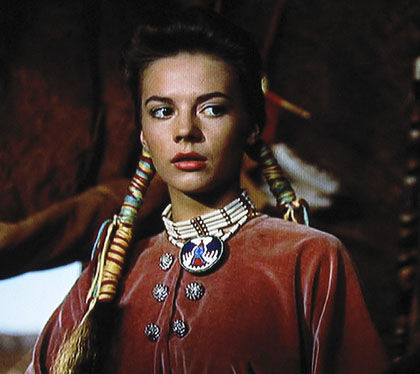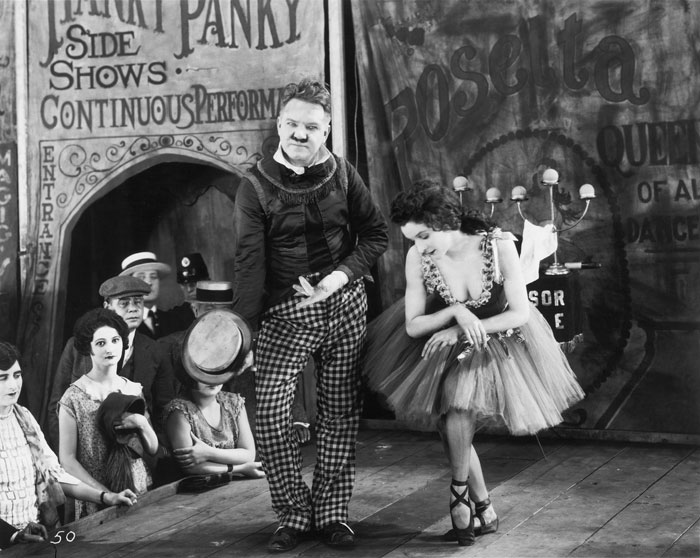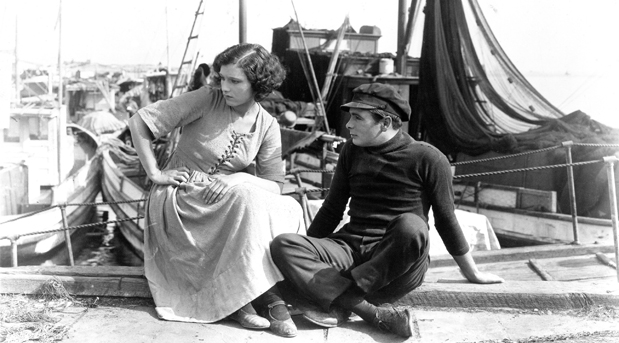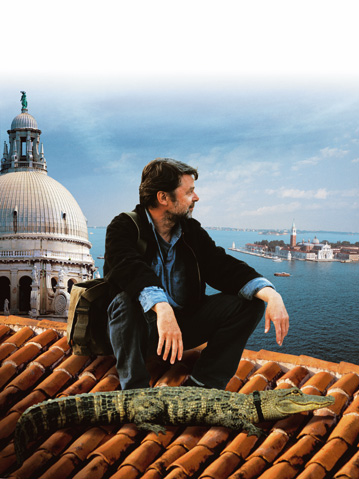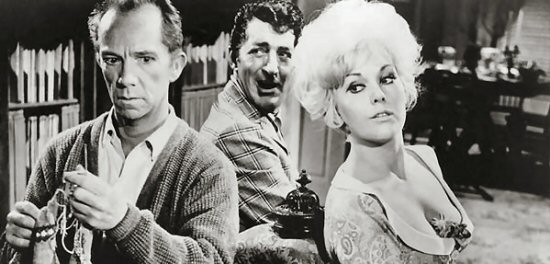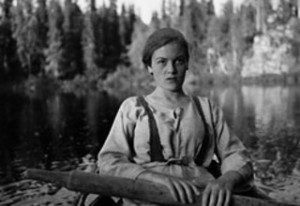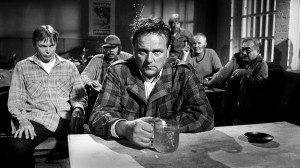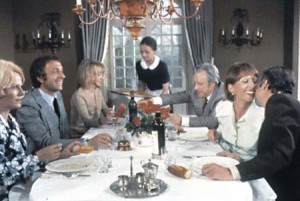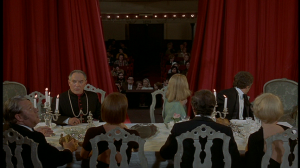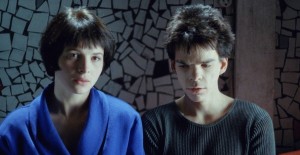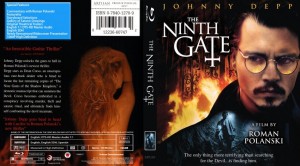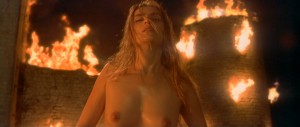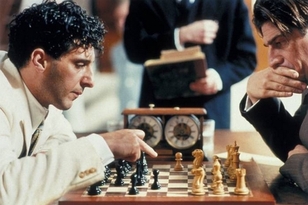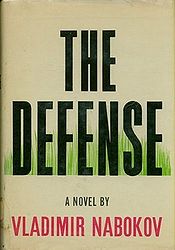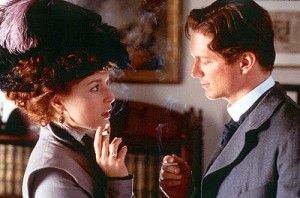From the Chicago Reader (April 23, 2007). — J.R.
Jacques Rivette’s 193-minute comic feminist extravaganza is as scary and unsettling in its narrative high jinks as it is exhilarating in its uninhibited slapstick (1974). Its slow, sensual beginning stages a meeting between a librarian (Dominique Labourier) and a nightclub magician (Juliet Berto). Eventually, a plot within a plot magically takes shape — a somewhat sexist Victorian melodrama with Bulle Ogier, Marie-France Pisier, Barbet Schroeder (the film’s producer), and a little girl — as each character, on successive days, visits an old dark house and the same events take place. The elaborate Hitchcockian doublings are so beautifully worked out that this movie steadily grows in resonance and power. The four main actresses scripted their own dialogue with Eduardo de Gregorio and Rivette, and the film derives many of its euphoric effects from a wholesale ransacking of the cinema of pleasure (cartoons, musicals, thrillers, and serials). In French with subtitles. (JR)

